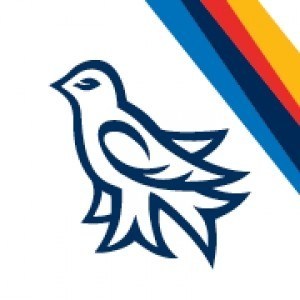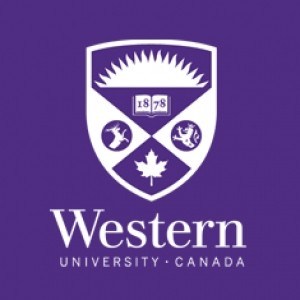Photos of university / #myucalgary
Russian is spoken by nearly 150 million people in the Russian Federation; it is also the lingua franca of many who live in the countries that used to be a part of the Soviet Union. The Russian Federation remains the largest country in the world (followed by Canada, with which it shares very similar climates, landscapes and natural resources). A knowledge of Russian can open doors for you to study or work in a variety of fields in Russia. A knowledge of Russian can also be an important key to accessing wide-ranging professional opportunities in a variety of fields, many of them of importance in the economy of Canada and Southern Alberta in particular. Even when knowledge and skill in Russian may not be directly required in these professions, if you do know Russian, you will often find unexpected opportunities to use it in interesting and rewarding ways.To study Russian is to study a culture that, for more than a century and half, has had a profound effect far beyond its national borders. While, for many, the major impact of Russia and Russians in the 20th century has been perceived as primarily political, Russians have made significant contributions in a wide variety of fields, including the visual and musical arts, science and technology to name just two broad areas. Not for nothing is Leo Tolstoy's novel War and Peace considered by many North Americans as the quintessential summer reading that they spend a lifetime not getting around to. Where would the world's ballet companies be without the Tchaikovsky ballets, especially Swan Lake and The Nutcracker? If you study Russian, you will acquire a greater understanding of and appreciation for this culture; if you study Russian, you will create for yourself the potential for experiencing this culture, to some small degree, from the inside out.
Courses you'll take:
Current Issues in Russian Culture, Russian I, Russian Literature in Translation, Topics in Russian Civilization and Thought, Introductory Russian
English Language
If your primary language is not English, you may fulfill the English language proficiency requirement in one of the following ways (scores below are for valid for Fall 2016 admission. For winter 2017 admissions, see new scores in the academic calendar):
- TOEFL score of 86 with no section less than 20 (Internet-based) or 560 (paper-based). Our institution code is 0813.
- IELTS score of 6.5 with no section less than 6.0 (academic version)
- MELAB score of 80, or higher
- PTE score of 59, or higher (academic version)
- By successfully completing Tier 3 of the University of Calgary's International Foundations Program
Want to improve your English level for admission?
Prepare for the program requirements with English Online by the British Council.
- ✔️ Flexible study schedule
- ✔️ Experienced teachers
- ✔️ Certificate upon completion
📘 Recommended for students with an IELTS level of 6.0 or below.
Russian scholars ask questions such as: How did the Slavic languages develop? Why did the Soviet Union fall? Is Russia the eastern flank of Europe or the heartland or another civilization?
Studying Russian will not only give you an opportunity to acquire one of the world’s languages and to gain systematic knowledge of its history and structure — it will also introduce you to Russia, a country with glorious and tumultuous history, fascinating culture and traditions, great literature that crosses national borders and transcends times; a country with major political influence in the world, both in the past and in the future. Besides developing valuable language skills necessary for fluent communication in Russian, you will be encouraged to practice critical and independent thinking, to challenge assumptions, including perhaps your own, and to ask important and profound questions.
As a graduate of the Russian program you will be prepared to pursue careers in diverse areas, such as the civil service, especially diplomacy, the non-profit sector, translation/interpreting, and the business world. A degree in Russian can also be used as a stepping-stone to graduate studies or another professional degree such as law, education, medicine, or veterinary medicine or environmental design.




